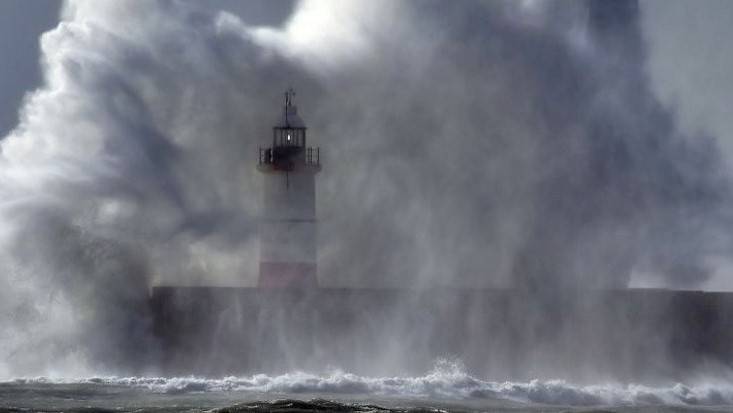Swift, sharp emission cuts could slow warming 'within 20 years'

Stay tuned with 24 News HD Android App

Slashing global emissions would result in "substantial" near-term rewards by reducing the risk of unprecedented warming even within the next two decades, according to a new study Monday.
Most nations have signed up to the landmark Paris agreement goals of limiting global temperature rises to well below 2 degrees Celsius above pre-industrial levels and the more ambitious target of beneath 1.5C.
Governments are tasked with releasing updates on how they plan to meet these goals by year end, with scientists warning that the world is moving far too slowly to avert climate disaster.
In a report published in the journal Nature Climate Change, researchers in Britain, Switzerland and Austria found that while warming targets are often focused on risks and benefits in the longer term -- for instance by the end of the century -- hard and fast cuts to greenhouse gasses could deliver results much sooner.
The authors sought to disentangle the effects of man-made warming from cycles in global atmosphere and ocean systems in order to estimate the effects of different emissions cuts.
Researchers used thousands of simulations from different climate models as well as a range of estimates of natural climate variability.
They found that if governments put in place measures to hold long-term temperature rises below 1.5 C, the risk of experiencing unprecedented warming rates would be 13 times lower in the next 20 years, compared with a scenario with continuing heavy reliance on fossil fuels.
The report said this would offer "substantial near-term benefits by offering societies and ecosystems a greater chance to adapt to and avoid the worst climate change impacts".
Global temperatures are already 1C above those in the mid-19th century, supercharging storms, heatwaves, droughts and wildfires.
The five years since the Paris deal was signed have been the hottest on record.
So far more than 100 nations accounting for the majority of carbon emissions have unveiled plans for net-zero, but scientists and campaigners have expressed alarm that nations are dragging their feet.
"Our results show that it's not only future generations that will feel the benefits of rapid and deep cuts in emissions," said the study's lead author Christine McKenna, a postdoctoral research fellow at Leeds.
McKenna is part of the European CONSTRAIN project, which looks at how natural and human factors affect climate change over decades to help scientists make climate projections for the next 20-50 years.
"Taking action now means we can prevent global warming from accelerating in the next few decades, as well as get closer to the goal of limiting warming in the longer term," she added.
